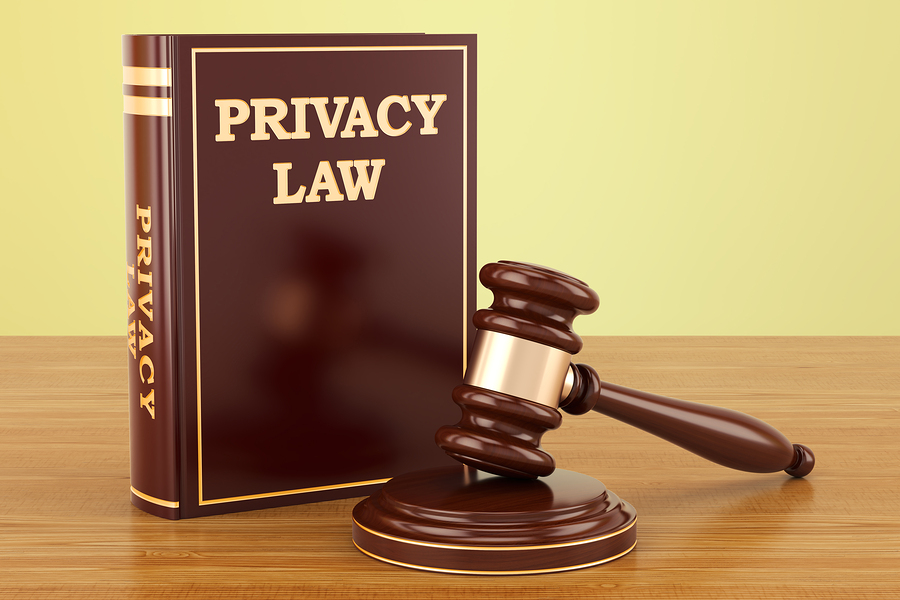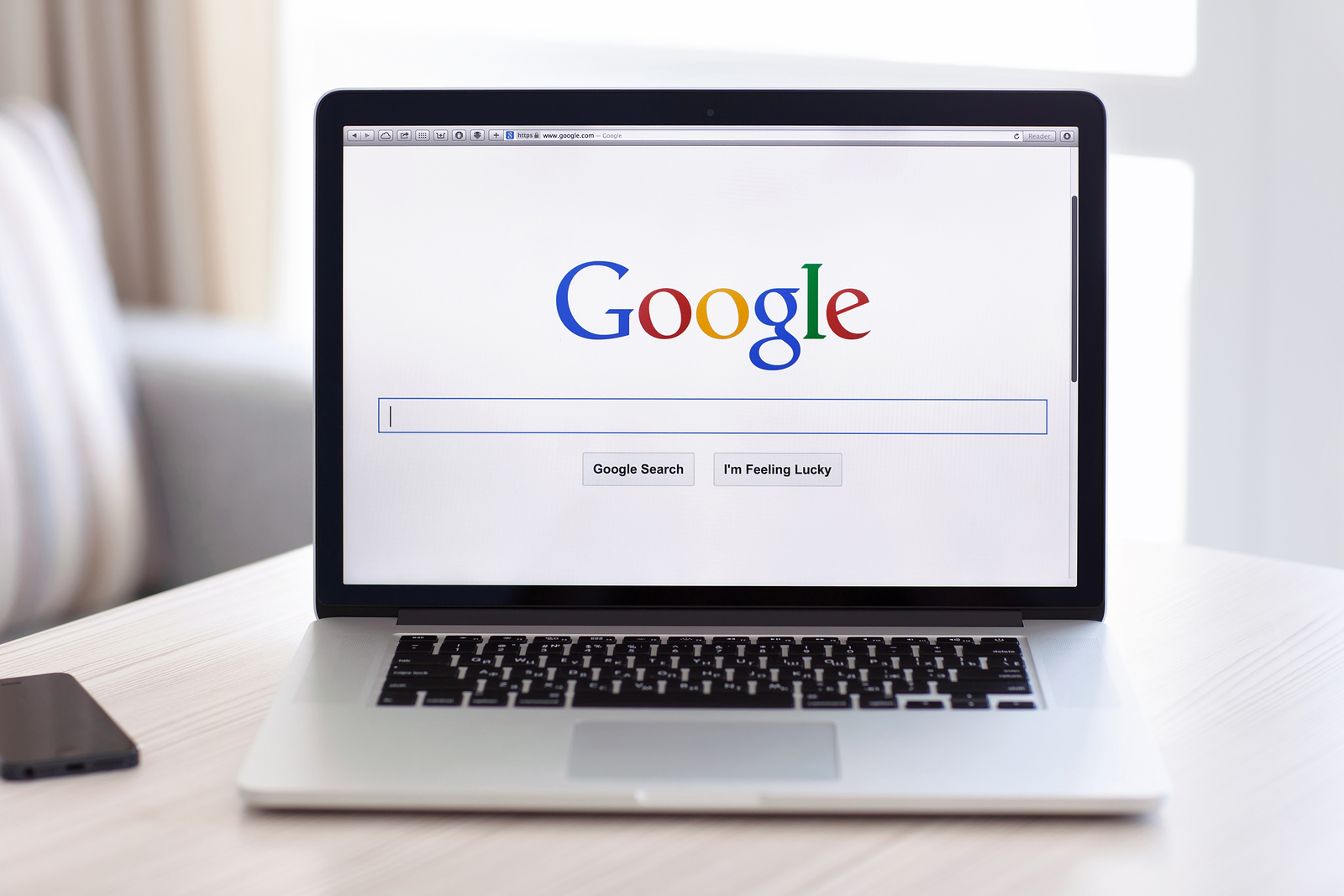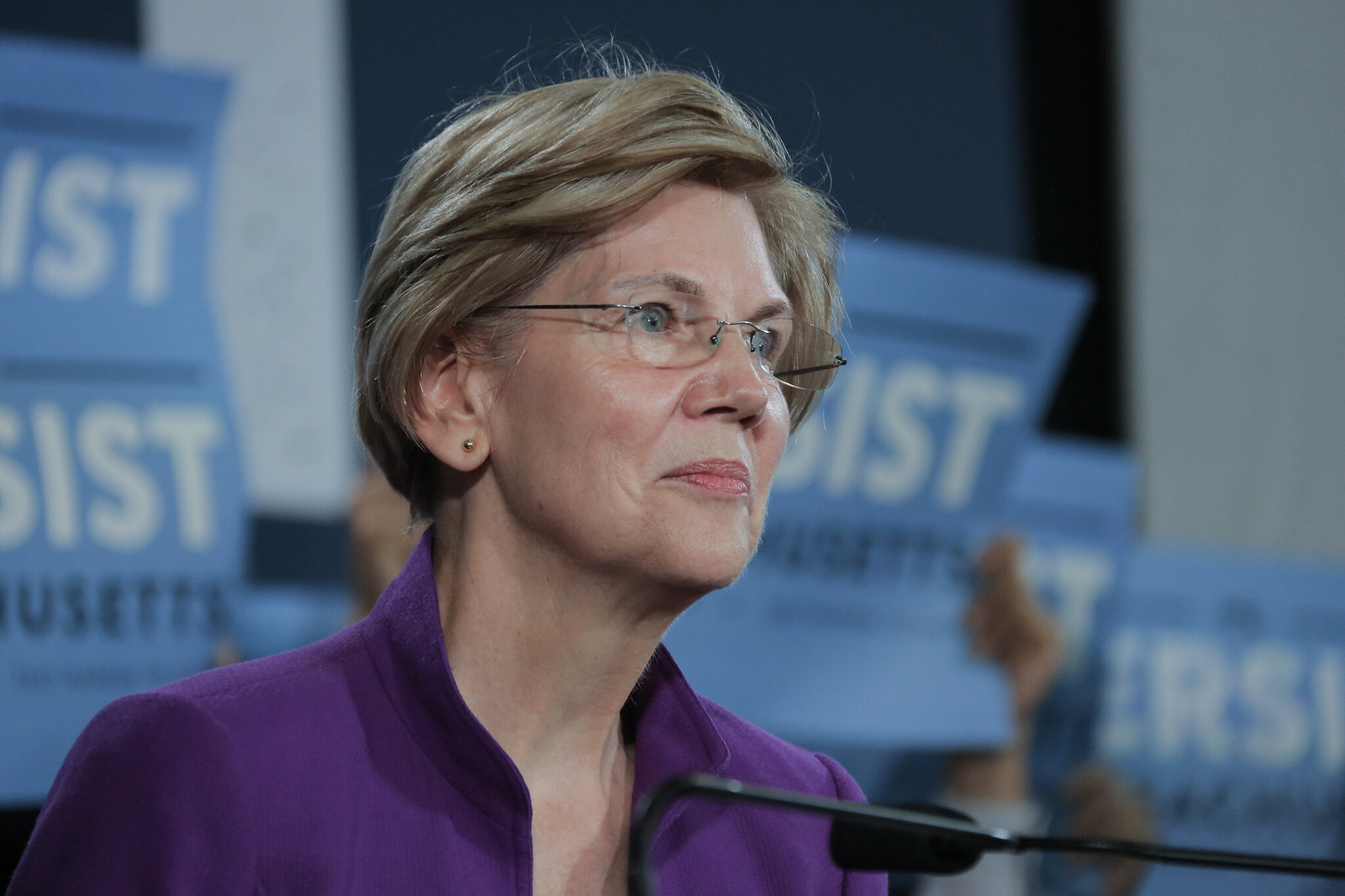Big Tech Criticizes Reported State AG Antitrust Investigation

Big Tech lobbying group NetChoice criticized a report from the Wall Street Journal that Democrat and Republican state attorneys general plan to launch an antitrust investigation of Big Tech firms like Amazon, Facebook and Google, citing a Zogby poll that found only 5 percent of Americans think the government should take antitrust enforcement action against Big Tech.
News that state attorneys general plan to investigate Big Tech over potential antitrust violations comes on the heels of June announcements from the Department of Justice (DOJ) and Federal Trade Commission (FTC) to investigate Amazon, Apple and Google over antitrust concerns.
According to the Zogby poll cited by NetChoice, 58 percent of 1,200 respondents said while using a platform like Amazon, Facebook or Google, they’d discovered new small businesses or websites.
“These cases brought by state AGs are weak as these platforms have neither market dominance nor engage in anti-competitive behavior,” said Carl Szabo, Vice President and General Counsel at NetChoice in a statement to InsideSources. “It’s clear that tech markets are highly competitive. Within 18 months of launching, Tik Tok achieved over a billion global downloads, Snapchat maintains a strong standing, Spotify is double the size of Apple music, and Walmart remains the largest seller in the world. State AGs should focus on industries where consumer harm actually exists.”
But when asked which company is more innovative — Comcast or Facebook — 47 percent said Facebook and 36 percent said they weren’t sure, suggesting a lack of understanding of the issues at hand. When asked which company was more innovative — Spotify or Time Warner Cable — 45 percent said they weren’t sure.
The National Association of Attorneys General (NAAG) did not respond to InsideSources’ request for comment, but on June 11, 43 attorneys general led by Texas AG Ken Paxton (a Republican) and Iowa AG Tom Miller (a Democrat) filed comments with the FTC calling for a “renewed focus on consumer privacy and data in antitrust enforcement actions against dominant technology platforms that collect and leverage consumer data.”
“Information about how everyday people spend their lives and their money has become extremely valuable, especially when aggregated into large sets and analyzed and packaged for targeted marketing,” Paxton said in a statement at the time of the filing. “But technology platforms often lack the incentive to provide strong privacy protections for consumers, and their dominant position in user data creates barriers to entry for new competitors. State attorneys general and the FTC can work together to protect consumer privacy and competition for free products with vigorous enforcement of state and federal antitrust laws.”
The comments describe how tech platforms’ use of consumer data has become “the internet’s new currency,” suggesting antitrust law may need an updated view of consumer harm in order to take action against companies like Facebook or Google.
“Platforms’ collection of consumer data creates privacy concerns touching on consumer protection. But the scale and volume of the collection of that data also raises competition concerns,” the AGs state in the filing. “Consumer data has become extremely valuable, especially when aggregated into large sets and analyzed and packaged for targeted marketing (and other uses), which is part of the reason technology platforms have quickly grown into some of the most valuable firms in the world.”
But that’s not their only concern. State AGs worry that the economic clout of dominant companies have created an anticompetitive environment for the tech industry.
“The sheer scale of the data collected by dominant platforms can entrench their dominance by creating barriers to entry for new competitors, both because of reinforcing network effects and market research analytics unavailable to other market participants,” they state in the FTC filing.
This environment is not only toxic for startups, but also large companies.
“Even large companies with significant resources face significant barriers to achieving sufficient scale to compete against an incumbent firm that has achieved a dominant position in user data,” the state AGs said. “Microsoft, for example, failed to successfully launch its mobile phone as a platform, and Google+ failed to draw enough users to become a viable competitor to Facebook.”
A spokesperson for Miller declined to comment for this story.











